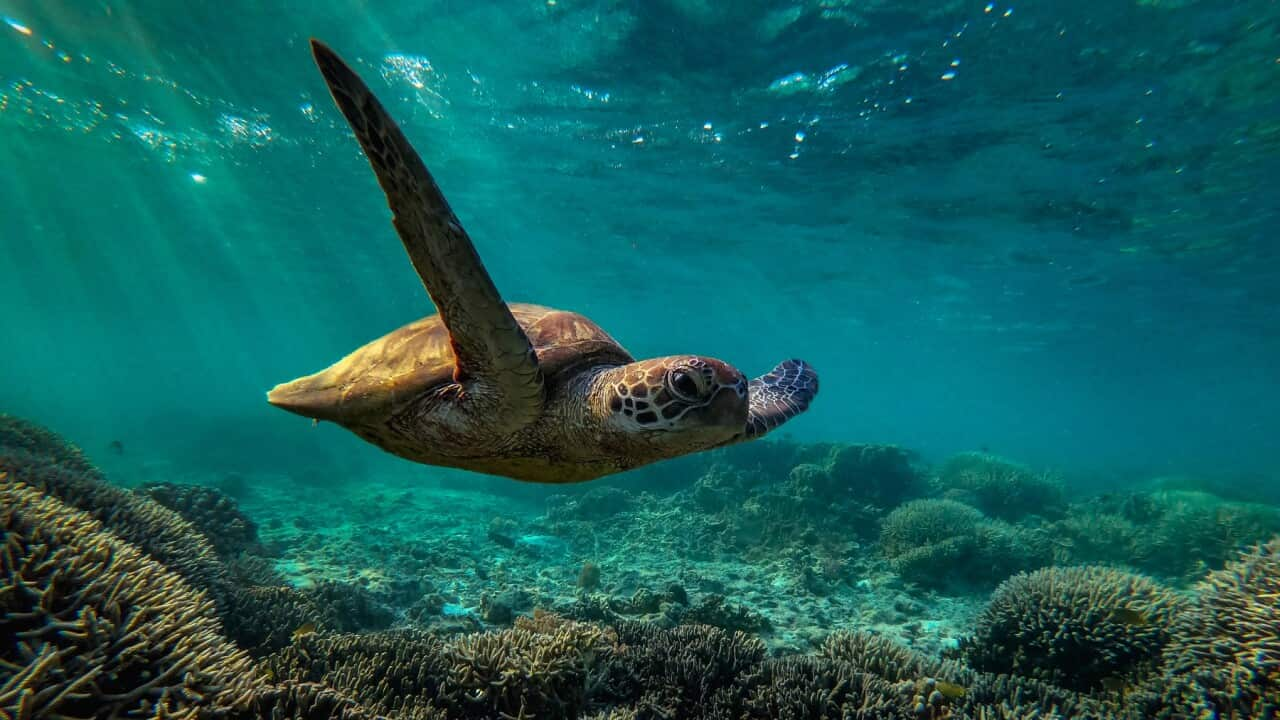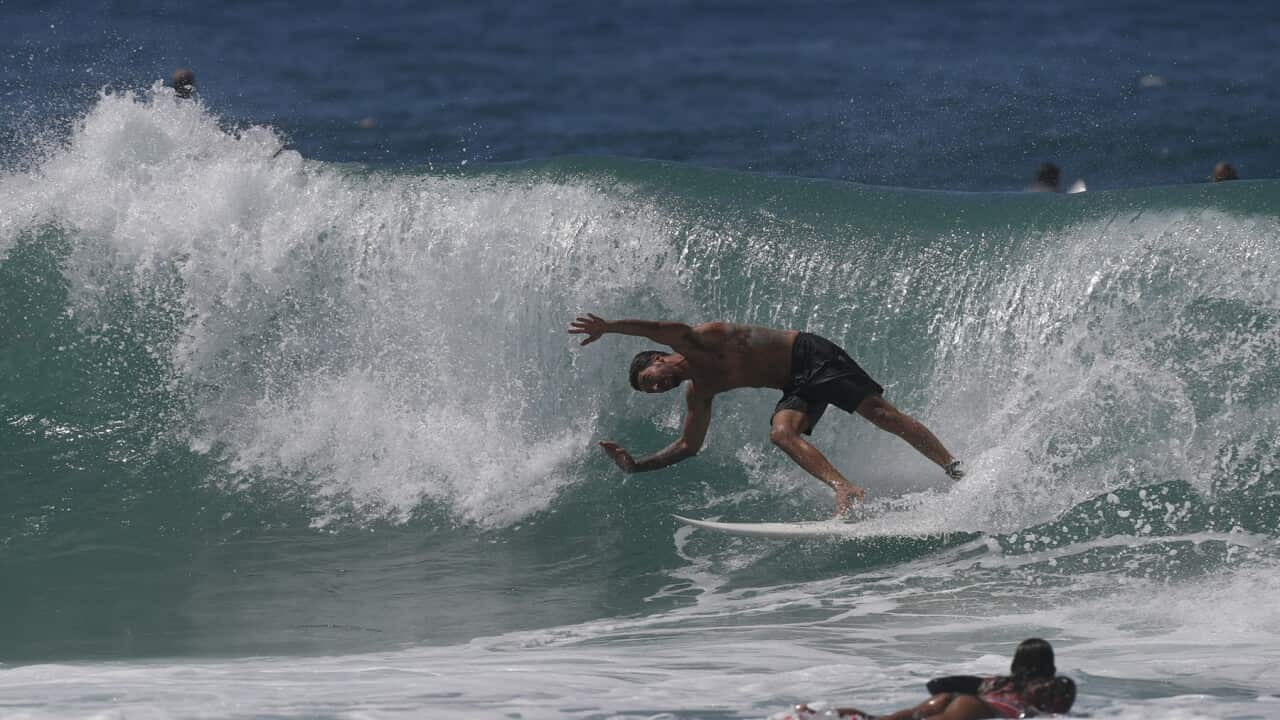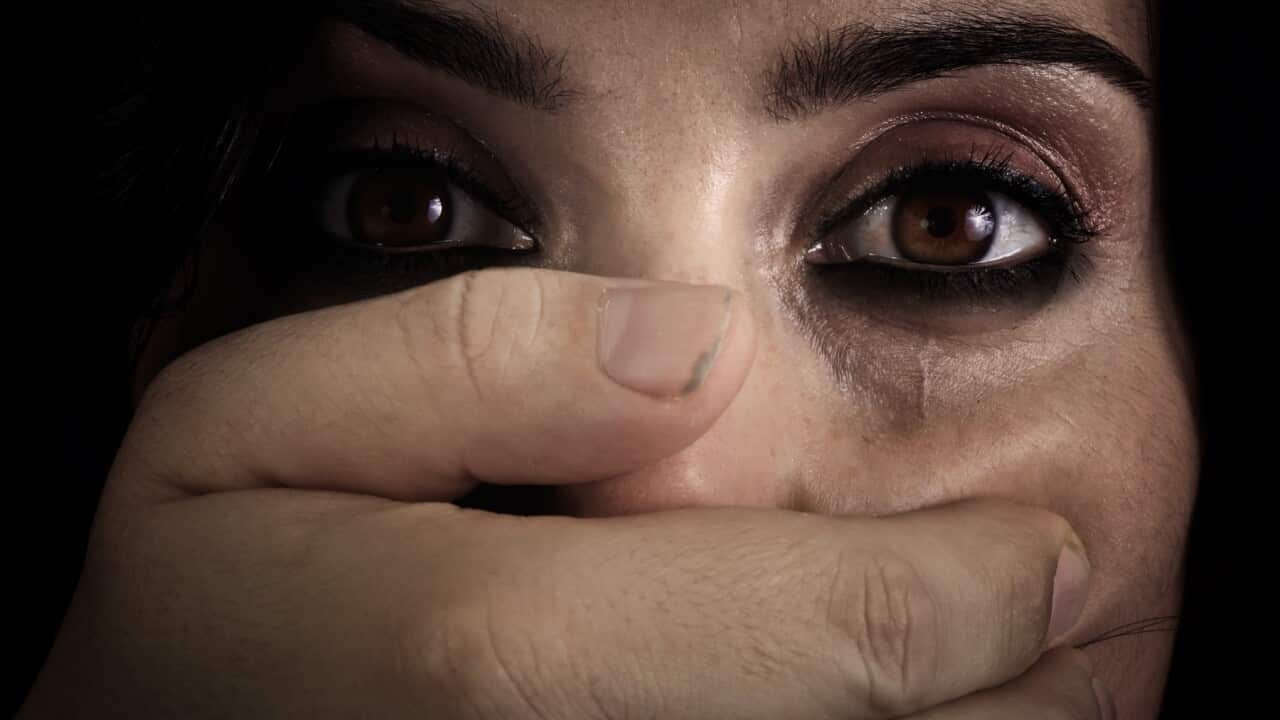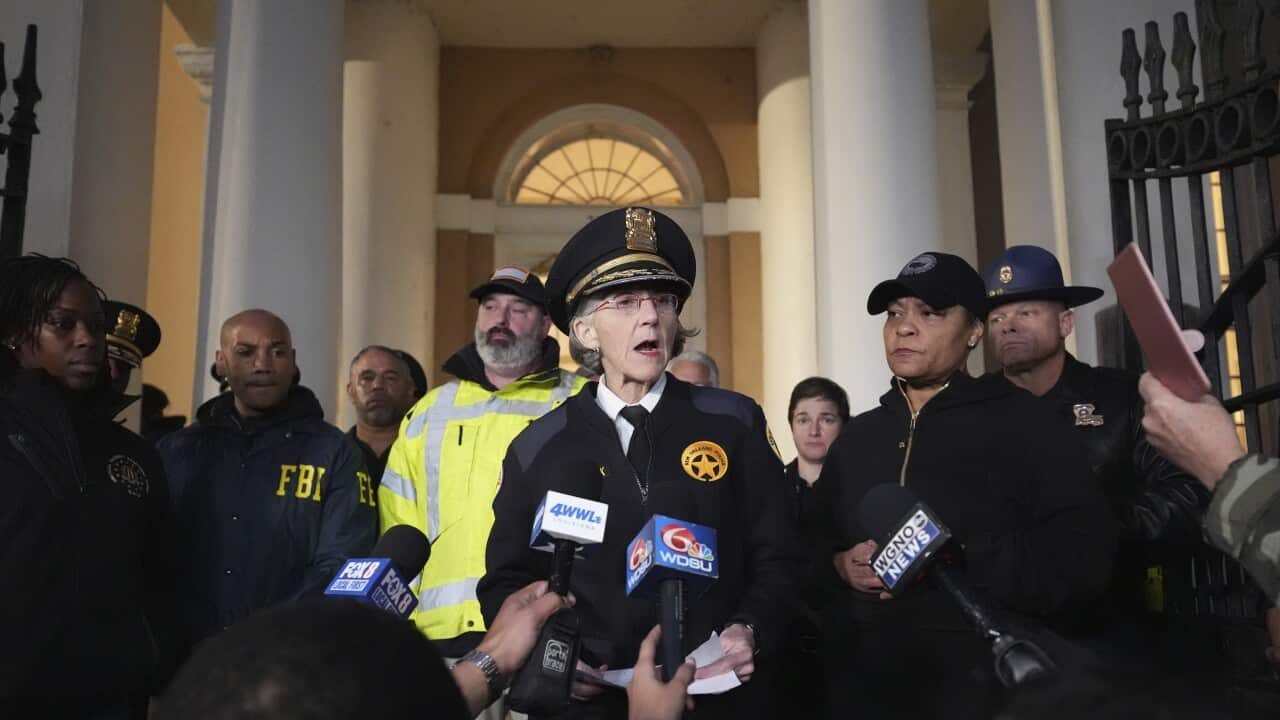Italian
Un gruppo che comprende i veterinarI ed i soccorritori marini più esperti d’Australia ha creato una nuova agenzia di conservazione marina dedicata al miglioramento del futuro per gli animali marini ammalati, feriti e orfani.
La nuova agenzia no-profit si chiama Ocean Warriors Australia.
Questo gruppo sta unendo i suoi sforzi con New South Wales National Parks and Wildlife Service, comunità indigene e organizzazioni di soccorso autorizzate.
Il loro obiettivo è sostenere e creare nuovi piani di risposta per casi di spiaggiamento, aggrovigliamenti e per la cura intensiva di balene, delfini, tartarughe e altri animali marini malati, feriti e orfani.
Guidata dal veterinario marino di base a Coffs Harbour Duan March, Ocean Warriors Australia ha messo insieme una super squadra di esperti.
"The best people in their respective fields. Such as traditional owners in terms of cultural protocols, marine veterinarians and scientists, and try to get them all working together, in a bid to bridge the gap between research questions we have been asking for a while like what is causing animals to strand and then put processes in place so we can improve outcomes and get cultural protocols in there from the ground up."
Di base a Coffs Harbour, le operazioni prenderanno piede al National Marine Science Centre attraverso una collaborazione con la Southern Cross University.
La squadra al momento sta lavorando sui fattori che influenzano gli spiaggiamenti delle balene e sugli impatti dell’inquinamento sulle tartarughe di mare.
I casi di spiaggiamento di animali marini sono comuni, ma spesso gli esperti non arrivano mai a capire la ragione per la quale questi animali si spiaggiano.
Il dott. Roche ha dichiarato che è loro volontà colmare alcune di queste lacune di conoscenza.
Roche ha inoltre aggiunto che Coffs Harbour è stata selezionata come base per una ragione molto strategica.
"If a whale on their migration up the east coast of Australia happens to have the misfortune of getting tangled in a net. Let's not worry about where the net comes from for the time being. But if they do land themselves in that kind of trouble, at this point in time, there is not a rescue operation available for that whale between Taree and Tweed heads at the border. If the whale does run into serious issues that needs rescue and care, we rely on Sea World in Surfers Paradise in Queensland to dispatch a boat to come down and mount that rescue."
Il National Marine Science Centre è uno dei centri d’Australia leader nella ricerca e nell’insegnamento, che si trova in modo distintivo nello snodo tra le correnti oceaniche temperate e quelle sub-tropicali.
I ricercatori sono esperti in ecosistemi marini e anche in operazioni con imbarcazioni marine e droni.
La nuova iniziativa avrà come priorità quella di rafforzare la capacità delle comunità aborigene di prendersi cura dalla fauna marina del cosiddetto Sea Country, la zona costiera d’Australia.
Il dott. March ha dichiarato che inserire procedure culturali è essenziale per una conservazione marina efficiente e per il rispetto dell’ecosistema in tutta Australia.
Roche ha aggiunto di rispettare il modo in cui i valori e i concetti circolari degli indigeni si connettono in un modo significativo.
"I am amazed when I see our researchers talking with traditional custodians, and most of the time they are smiling as if they are saying 'yes, great, you have just worked it out, fantastic, we have known this'. Maybe not at the same level of technicality that researchers approach it but at a level of understanding, at a systems level and a holistic level. I think that is where relationships with traditional custodians will help, to understand interconnectedness across these issues but also to building care and commitment to get to stage where the way we live, work and play doesn't degrade our marine environments."
World Wildlife Fund Australia ha accolto con entusiasmo l’annuncio.
English
A group of Australia's most experienced marine veterinarians and rescuers have formed a new marine conservation agency dedicated to improving outcomes for sick, injured and orphaned marine wildlife.
The new not-for-profit agency is called Ocean Warriors Australia.
They are teaming up with New South Wales National Parks and Wildlife Service, Indigenous communities and licensed rescue organisations.
They aim to support existing and create new response plans to marine stranding events, entanglements, and the critical care of sick, injured and orphaned whales, dolphins, turtles and other marine wildlife.
Headed by Coffs Harbour-based marine veterinarian Dr Duan March, Ocean Warriors Australia brings together a super team of experts.
"The best people in their respective fields. Such as traditional owners in terms of cultural protocols, marine veterinarians and scientists, and try to get them all working together, in a bid to bridge the gap between research questions we have been asking for a while like what is causing animals to strand and then put processes in place so we can improve outcomes and get cultural protocols in there from the ground up."
Based in Coffs Harbour, operations will be based at the National Marine Science Centre through a partnership with Southern Cross University.
The team is currently working on research into factors influencing whale strandings and the impacts of pollution on sea turtles.
Marine animal stranding events are common, but often experts never actually find out the reason why these animals became stranded.
Dr Roche says it’s their intention to fill some of those knowledge gaps.
He also says Coffs Harbour was selected as a base location for a very strategic reason.
"If a whale on their migration up the east coast of Australia happens to have the misfortune of getting tangled in a net. Let's not worry about where the net comes from for the time being. But if they do land themselves in that kind of trouble, at this point in time, there is not a rescue operation available for that whale between Taree and Tweed heads at the border. If the whale does run into serious issues that needs rescue and care, we rely on Sea World in Surfers Paradise in Queensland to dispatch a boat to come down and mount that rescue."
The National Marine Science Centre is one of Australia’s leading research and teaching facilities, distinctively positioned at the junction of temperate and subtropical ocean currents.
Researchers have expertise in marine ecosystems, as well as the operation of marine vessels and drones.
The new initiative will prioritise building capacity within Indigenous communities to care for marine wildlife on Sea Country.
Dr March says installing cultural processes is essential to effective marine conservation and ecosystem respect across Australia.
Mr Roche says he respects the ways that Indigenous values and circular ideas connect in a meaningful sense.
"I am amazed when I see our researchers talking with traditional custodians, and most of the time they are smiling as if they are saying 'yes, great, you have just worked it out, fantastic, we have known this'. Maybe not at the same level of technicality that researchers approach it but at a level of understanding, at a systems level and a holistic level. I think that is where relationships with traditional custodians will help, to understand interconnectedness across these issues but also to building care and commitment to get to stage where the way we live, work and play doesn't degrade our marine environments."
World Wildlife Fund Australia has welcomed the announcement.
Report by Marcus Megalokonomos




